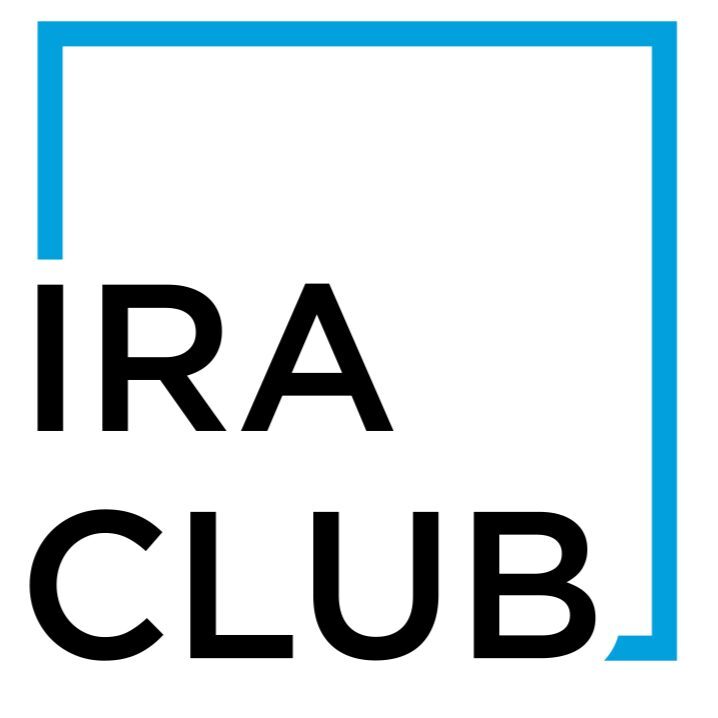Types of Self-Directed Accounts
A Self-Directed IRA is the “true” form of IRA. When Congress created the Qualified Retirement Plans (such as the IRA) back in 1974 the idea was simple: To allow you to grow your investment faster by giving IRA accounts TAX-FREE STATUS during the accumulation period. However, some IRA companies have placed unnecessary restrictions on IRA owners, limiting the types of investments that their IRA can hold. It’s important to note that these limitations are not mandated by Congress and are instead artificial.

At IRA Club, we believe in empowering our clients to choose investments that align with their long-term goals. We don’t place any artificial restrictions on your investments, providing you with the opportunity for enhanced returns.
When selecting the right account for your needs, it’s important to consider factors such as your age, desired retirement age, tax bracket, and contribution capability. We recommend seeking the services and advice of a tax professional to help you make informed decisions. Trust us to help you build the retirement portfolio of your dreams.
| Self-Directed Investment | Traditional | Roth | SEP | Simple |
|---|---|---|---|---|
| May make any investment that is not a prohibited transaction |

|

|

|

|
|
Money In |
||||
| Contributions | Income tax-deductible | Not income tax-deductible | Income tax-deductible | Income tax-deductible |
| To make a new contribution to an IRA | Must have earned income | Must have earned income | Must have earned income | Must have earned income |
| Transfers from one IRA account to another IRA account | Unlimited | Unlimited | Unlimited | Unlimited |
| Earning limits | Unlimited | Unlimited using a backdoor Roth | Unlimited | Unlimited |
|
Money Out |
||||
| Qualified distributions are: | Taxed as ordinary income | Income tax-free | Taxed as ordinary income | Taxed as ordinary income |
| Must take an annual Required Minimum Distribution |
 Must start at age 72
Must start at age 72
|
 No RMD until after owner passes
No RMD until after owner passes
|
 Must start at age 72
Must start at age 72
|

Must start at age 72 |
| Passes to a beneficiary | As a Traditional IRA account | As a Roth IRA account | As a Traditional IRA account | As a Traditional IRA account |
|
When You Pass Away |
||||
| Can your beneficiary keep investing the funds in the Inherited IRA? |

|

|

|

|
|
Super Bonus for all IRAs Will the IRA be subject to probate? |

IRAs do not go through probate if there is a named beneficiary |

IRAs do not go through probate if there is a named beneficiary |

IRAs do not go through probate if there is a named beneficiary |

IRAs do not go through probate if there is a named beneficiary |
Traditional IRA
This type of account allows you to make tax-deferred contributions and offers an immediate income tax deduction. You can make a wide range of investments with a Traditional Self-Directed IRA.
Roth IRA
With a Roth IRA, you can fund your account with after-tax dollars, meaning you won’t owe taxes on your investment gains or distributions. This type of account can be beneficial if you expect your investments to grow in value.
SEP IRA
A Simplified Employee Pension (SEP) is a good option for small business owners or self-employed individuals. It allows for large annual contributions and a wide range of investments. The contribution limit for 2024 is up to 25% of your income or $69,000, whichever is less.
SIMPLE IRA
A Savings Incentive Match Plan for Employees (SIMPLE) is designed for small businesses and self-employed individuals. It requires both the individual and the business to make contributions, and the maximum contribution for 2024 is $16,000 plus a $3,500 catch-up if you’re 50 or older.
Health Savings Account
This type of account offers triple tax benefits. Contributions are tax-deductible, growth is tax-free, and distributions for qualified medical expenses are not taxable. You can also invest idle funds in your HSA, similar to a Self-Directed IRA. If you have a compatible high-deductible health insurance plan, you can qualify for an HSA.
It’s important to consider factors like your age, retirement goals, tax bracket, and contribution capability when choosing the type of account that works best for you. Consulting with a tax professional can also be helpful.

Benefits of a Self-Directed IRA
- Flexibility to invest in alternative assets
- Ability to diversify your portfolio
- No Federal Income Tax or Federal Tax filing on the growth of your investment
- An opportunity for enhanced returns
- Traditional, Roth, SEP and SIMPLE can be Self Directed
Start Investing with Your IRA Today
Personalized service from a designated IRA specialist. Contact us to learn more!
